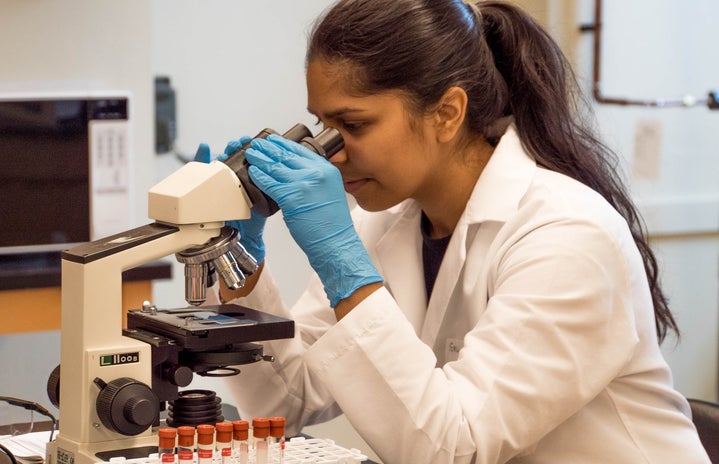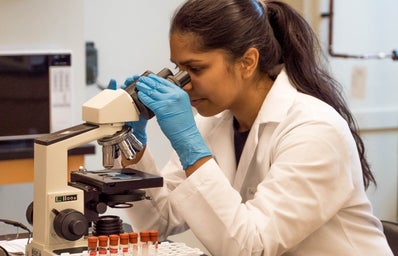As kids, we all have various career dreams that don’t translate to reality. If that weren’t the case, there’d probably be quite a surplus of veterinarians. Despite this reality, a lot of kids know what they want to be from a very young age. I thought I was one of them.
Throughout elementary school, I was certain that I wanted to be an engineer. I’m not sure exactly where this aspiration came from, but it persisted throughout my whole childhood. I loved to build and create, spending my time crafting elaborate cardboard houses for my stuffed animals instead of playing with dolls. I had a natural skill for it, or so I thought.
In high school, I enrolled in engineering, and found myself one of the four girls in the class. We all sat at the same table. I know the gender divide in STEM is pretty common knowledge, but knowing about something versus experiencing it is a completely different story. In my freshman and sophomore year, I not only had to set aside the awkwardness of being one of the few girls in the class, but I found myself at stark disadvantage. I had never built robots or anything mechanical, yet half of the boys in my class seemed to already know exactly what they were doing from the first day of class.
That class was one of the first times I had actually felt behind my classmates. As a straight-A student, this both frustrated and scared me, and I found myself questioning whether engineering was really for me. I ended up dropping the class, and decided I was more interested in communications and more artistic fields.
Yet, the summer before I started college, I began to panic about my choice. I had been accepted into the College of Communication, and had been confident about my decision to pursue a career in media. But something kept nagging me, and I kept thinking about how much I used to love STEM. I worried that I’d given up too soon. How could I possibly have gone from the math obsessed future engineer to someone who swore she’d never take another math class if her life depended on it?
Eventually, I ended up enrolling in an intro computer science class. I found it difficult, and found myself facing the same disadvantages I had in high school, but this time, I urged myself not to give up so easily. I went to office hours constantly and worked as hard as could, and managed to get a B+ in the class.
This experience made me reevaluate my experience in STEM, and I realized that I did still want to be a part of that field. I hadn’t been untalented or unskilled in high school, I had just never been exposed to these entirely new concepts.
While I’m still not a technological genius, I’ve learned to work to overcome my academic struggles instead of just assume that I’m not meant for that field. In college, I was able to reach out to professors and students, finding a support system that gave me confidence in my abilities, something I lacked in high school.
I think it’s important to look at how students are being exposed to STEM in middle school and high school, and whether there is truly equal treatment of male and female students.
We need more support for students that are already at a disadvantage in tech fields, reassuring them of their competence in a male-dominated space. Until we achieve this, there’ll only be more girls like me who give up too soon.
Want to keep up with HCBU? Make sure to like us on Facebook, follow us on Instagram, check out our Pinterest board, and read our latest Tweets!



